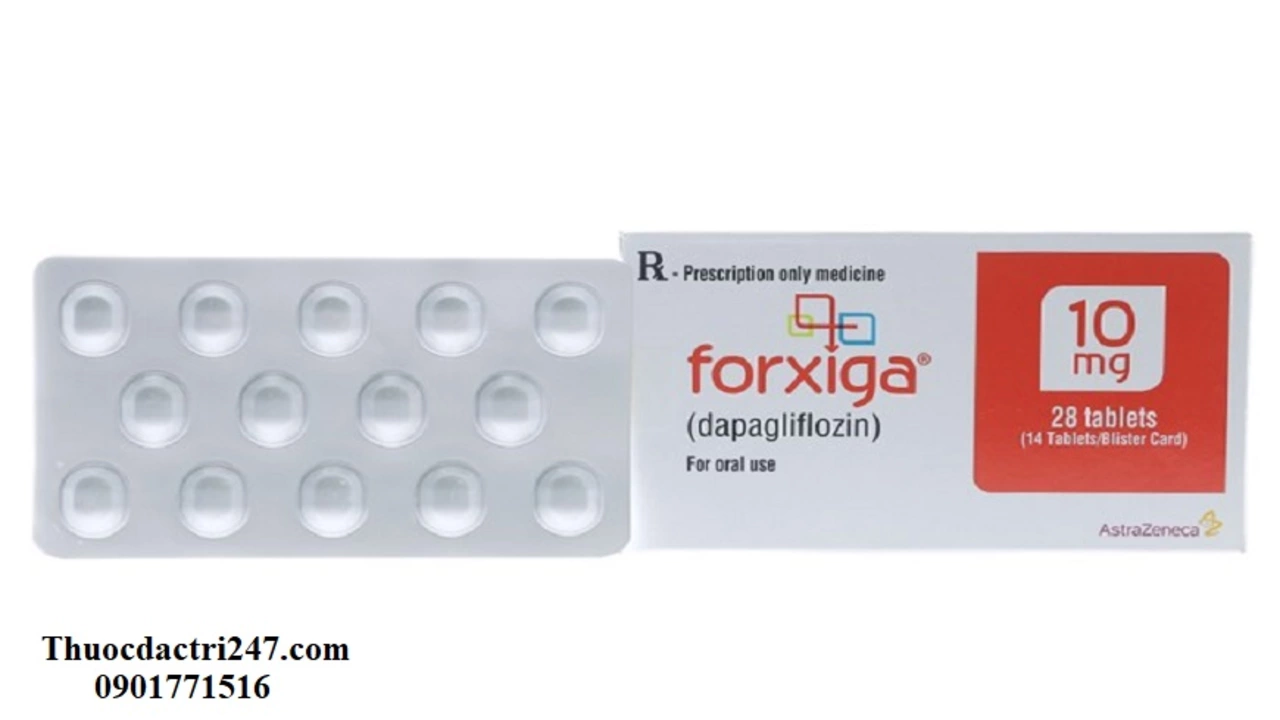Oral health: simple steps that really help
Gum disease can raise your risk for other health problems, so looking after your mouth matters more than you might think. You don’t need fancy products or hours in front of the mirror — a few reliable habits prevent most cavities, gum trouble, and bad breath. Read on for straight, useful tips you can start tonight.
Daily routine that works
Brush twice a day for two minutes with a fluoride toothpaste. Set a timer or use a song — two minutes goes by faster than you think. Use a soft-bristled brush and gentle circular strokes; hard scrubbing damages gums and enamel. Replace your toothbrush or brush head every 3 months or sooner if bristles look worn.
Floss once a day. Floss reaches the tight spots your brush can’t. If traditional floss feels tricky, try floss picks or a water flosser — whatever you’ll actually use. Finish with a fluoride mouthwash if your dentist recommends it, especially if you get cavities often.
Think about an electric toothbrush. Studies show electric brushes remove more plaque for many people, and the pressure sensors stop you from brushing too hard. For kids, use age-appropriate toothpaste amounts: a smear for under 3, a pea-sized dab for 3–6-year-olds.
Food, meds, and quick fixes
Cut down on sugary snacks and sipping sugary drinks. Sugar feeds the bacteria that make acid and cause cavities. Swap soda for water, and snack on veggies, cheese, or plain yogurt. Acidic drinks (citrus juice, sports drinks) soften enamel — drink them with a meal and rinse with water afterwards.
Dry mouth raises cavity risk. Many common meds can cause dry mouth — for example certain antidepressants, antihistamines, some blood-pressure drugs and diuretics. If your mouth feels dry often, sip water, chew sugar-free gum with xylitol to boost saliva, and ask your pharmacist or dentist for solutions.
Quit smoking or vaping. Tobacco harms gums, slows healing, and increases stain and cancer risk. Even cutting back helps.
Know when to see a dentist: bleeding gums that don’t stop after gentle brushing, loose teeth, persistent bad breath, white or red spots that don’t go away, or a sore that lasts more than two weeks. Sudden severe tooth pain or a knocked-out tooth are dental emergencies — get professional help fast. If a tooth is knocked out, keep it moist in milk or saliva and see a dentist within an hour if possible.
Little steps add up. Tonight: set a two-minute timer, floss once, and sip water instead of soda. If you have concerns about meds or gum changes, mention them at your next dental or GP visit. Small changes now save time, money, and pain down the road.
Explore related guides on GoGoMeds for meds, supplements, and practical health tips to support your oral care routine.

